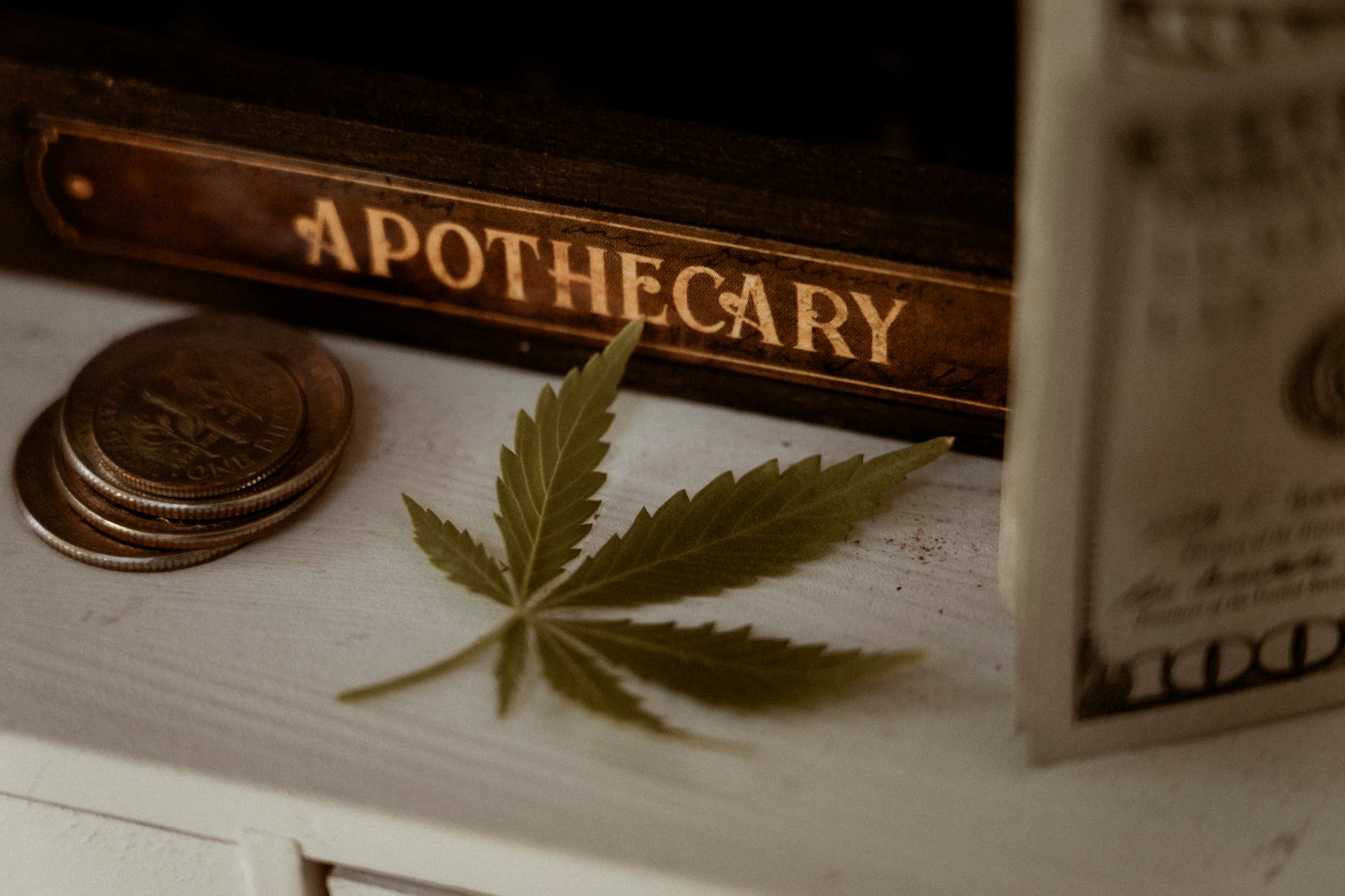—
Psychedelic literature, an intriguing sub-genre of 20th-century fiction, has often emanated from powerful psychedelic experiences. This genre is known for its surreal and hallucinatory depictions of altered states of consciousness, often connected with the use of psychoactive substances. Iconic authors such as Aldous Huxley, Ken Kesey and others have incorporated these experiences in their works, providing memorable, spiritual and philosophically charged narratives.
A leading figure in the sphere of psychedelic literature is Aldous Huxley, an English author and intellectual. One of his seminal works, The Doors of Perception, established him as one of the pioneers of this literary genre. Huxley described his experiences with mescaline, a naturally occurring psychedelic found in certain cacti, in vivid, scholarly detail. The book touched on notions of spirituality and explored the mystical dimensions of psychedelic experiences which would become recurrent themes in such literature.
Ken Kesey, with his groundbreaking novel, One Flew Over the Cuckoo’s Nest, took a different angle on the psychedelic narrative. While Huxley used a largely first-person perspective to recount his mescaline experiences, Kesey employed a fictional framework, drawing on his experiences with marijuana and hallucinogens during his participation in a CIA-sponsored drug trial. Much like Huxley, though, Kesey insightfully explored the impact of psychedelic experiences on the consciousness, while subtly critiquing the medical establishment’s approach to mental health.
Psychedelic literature has also been influenced and shaped by prominent figures outside the traditional literary world. One such figure is Timothy Leary, a psychologist turned counterculture icon. While not primarily an author, Leary’s advocacy for the spiritual and therapeutic potential of psychedelics, notably LSD, in the 1960s did much to popularize the genre. His mantra “Turn on, Tune in, Drop out,” became an emblematic catchphrase within the psychedelic movement and its related literature.
At the heart of psychedelic literature lie several recurring themes. Perhaps most prominent is the exploration of consciousness in its myriad forms. Authors in the genre often grapple with how psychedelic experiences can substantially alter one’s perception of reality, suggesting the existence of a spiritual “otherness,” beyond the limits of conventional, sober cognition.
Juxtaposing these deeply introspective excursions into consciousness are critiques of societal norms and structures. The mental institutions depicted in Kesey’s One Flew Over the Cuckoo’s Nest symbolize the pressure to conform in a society mistrustful of individuality and subjectivity. Thus, psychedelic literature often elucidates the tension between individual freedom and societal control, captured within the mind-altering dimensions of psychedelic experiences.
In conclusion, psychedelic literature is a rich and diverse genre, encapsulating potent explorations of consciousness, spirituality, and societal norms. It distinguishes itself through its surreal and hallucinatory narrative style, giving readers an insight into the mindscape of individuals under the influence of psychedelic substances. Therefore, this genre serves as much more than peculiar tales of the mind. It is an exploration of the human psyche and a critique of societal constraints, illuminating the infinite possibilities and complexities of human consciousness.






